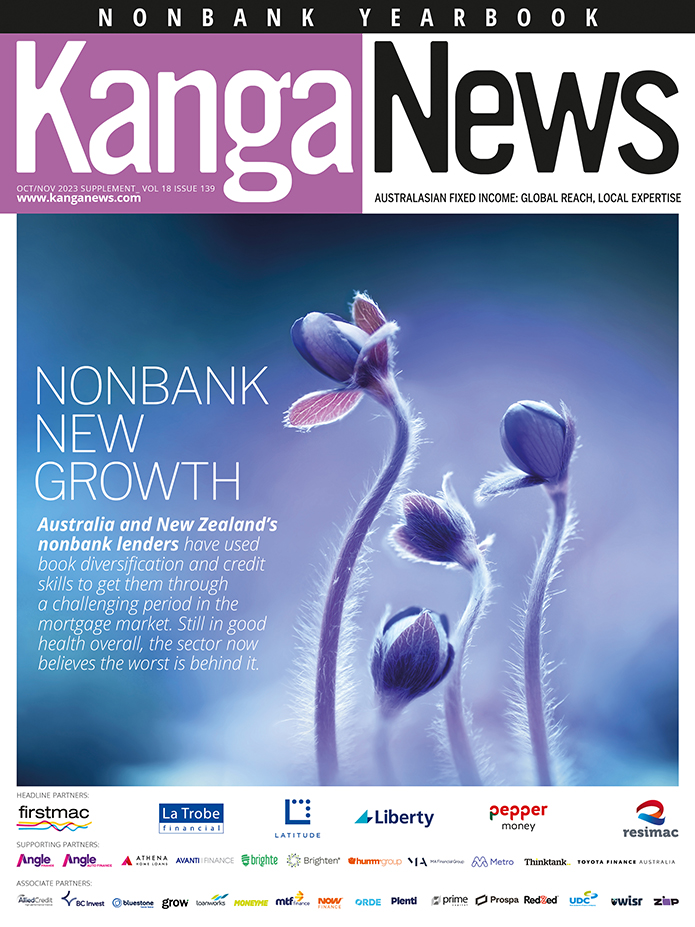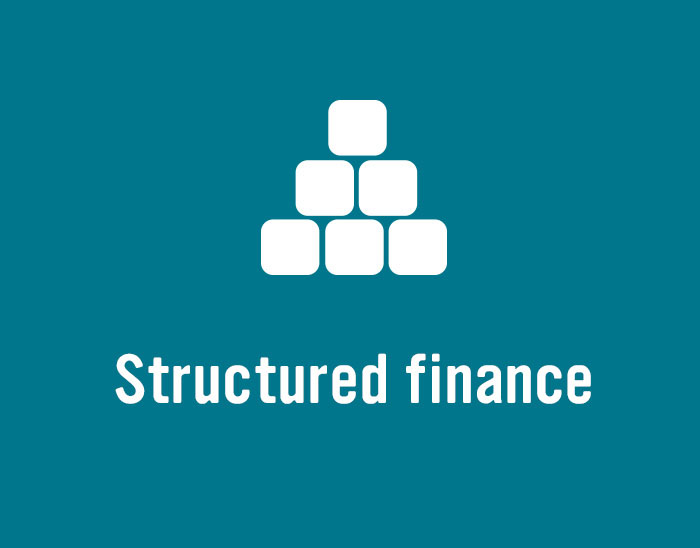
Liberty keeps up the issuance pace
Liberty Financial has historically been one of Australia’s most active nonbank securitisation issuers across multiple asset classes. Peter Riedel, Melbourne-based chief financial officer at Liberty, explains how the company has maintained market access amid difficult conditions in 2020.
What has the market environment been like for Liberty?
We have executed four secured and one senior-unsecured transactions so far in 2020 and each has a unique story. In February, we issued in auto asset-backed securities format and had a tremendous response from investors around the world.
We benefited from being one of the first transactions in the market for the calendar year. We have traditionally executed our auto deals late in the year but this experience means we will aim to issue early in the calendar year moving forward.
Our second deal, which had the entire triple-A note denominated in yen, was delayed until May after being a week from launch when the COVID-19 crisis hit. This was a very important transaction for us as Japan is an increasingly important market for the nonbank sector.
The third was our first all-domestic public residential mortgage-backed securities (RMBS) deal in 2020. The trade, which priced in June, was missing some pockets of support we typically see in our RMBS deals and some domestic investors did not participate or only came in for lower volume.
This was likely due to superannuation funds still requiring liquidity to support members as part of the COVID-19 relief programme. Nevertheless, the A$800 million (US$582.7 million) deal demonstrated strong support from investors around the world. Our September SME deal, at A$600 million, was the largest we have ever issued in this asset class, which in this environment exceeded expectations. Demand was largely from domestic investors, which participated in greater volume than they did in our last RMBS deal.
Having issued yen this year and euros in the past, where does foreign-currency fit into Liberty’s funding strategy?
We want to issue notes in the denomination investors are seeking. We are confident demand in Japan will remain deep after COVID-19 and we will continue to engage and explore opportunities with these investors. Many Japanese investors have supported our Australian dollar deals. But if we can build a market for Australian collateral in yen it opens a much wider network of potential investors.
Most large European asset managers are very comfortable buying Australian dollar notes so our need to diversify into euros is not as strong. However, we will continue to engage these investors to understand their demand in euros.
It is important for us to know the relative value of our product and we have no hesitation offering foreign-currency tranches if it makes sense at the time.
What has been the impact of COVID-19 across the various parts of Liberty’s lending book?
We have sought to understand the unique circumstances faced by each customer – and these stories have evolved for a lot of customers since March. We have tailored a solution to support each individual customer through this period and increased our service-staff numbers to do so.
In servicing our customers, rather than taking a one-size-fits-all approach such as providing payment holidays, we tailor a payment arrangement consistent with the customer’s ongoing income generation and spending patterns.
At the end of April, we supported about 8,000 customers affected by COVID-19 – but only 0.4 per cent were on payment holidays. The major banks have reported payment holidays in the 10-15 per cent range. At the end of August, we had fewer than 5,000 customers on payment arrangements.
We can confidently say now that the consequences of COVID-19 have been at the industry level rather than a result of borrowers’ circumstances when they applied for a loan. Our portfolio shows very little difference between groups such as prime and nonconforming borrowers, loan-to-value ratio cohorts or loan purpose and geography.
We have continued to support customers with new lending throughout the crisis. But we have been discerning in provision to self-employed borrowers and to those working in affected industries such as travel, hospitality and retail.
What have been the effects of COVID-19-related payment arrangements on Liberty’s public securitisation structures?
The liquidity coming into trusts from our borrowers has remained steady, which is testament to the fact that we have not provided payment holidays and have encouraged customers to continue making loan repayments they can reasonably afford. Investors have seen this, and it continues to improve as the months go by.

nonbank Yearbook 2023
KangaNews's eighth annual guide to the business and funding trends in Australia's nonbank financial-institution sector.

WOMEN IN CAPITAL MARKETS Yearbook 2023
KangaNews's annual yearbook amplifying female voices in the Australian capital market.








